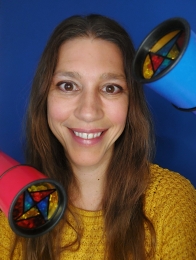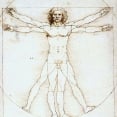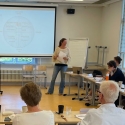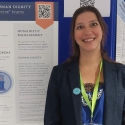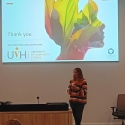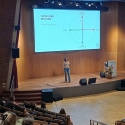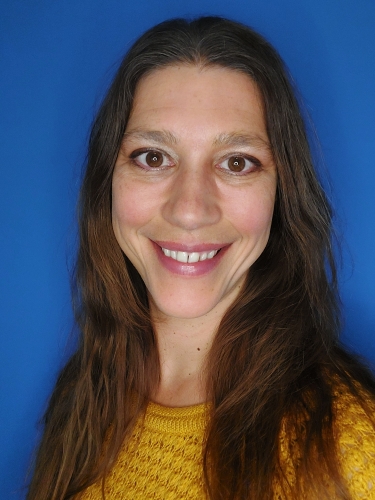Increase your effectiveness in culturally diverse teams
in culturally diverse teams
Being part of a diverse team means being confronted with a multitude of norms and behaviors based on different sets of values. These value patterns give us a sense of what is good, right, and what works.
In culturally diverse work environments, such as global teams in private or public organizations, a shared pattern of values is missing. This makes it harder to cooperate effectively; team members do not identify with each other, perceive each other as part of different groups, and sometimes do not recognize each other as of equal value.
We usually do not realize that we do everything from a certain value-based point of view, until we experience a tension in our interaction with our environment. This happens when we are confronted with people who hold different value patterns. Only then do we realize how difficult it is to change our perspective, even if we wanted to.
We support leaders and members of culturally diverse teams to recognise and understand different value patterns, both in themselves and in others. By engaging in reflective dialogue, in which we invite all value patterns to be present without judgment, we create room to approach differences in a humanizing, inclusive and loving manner.


